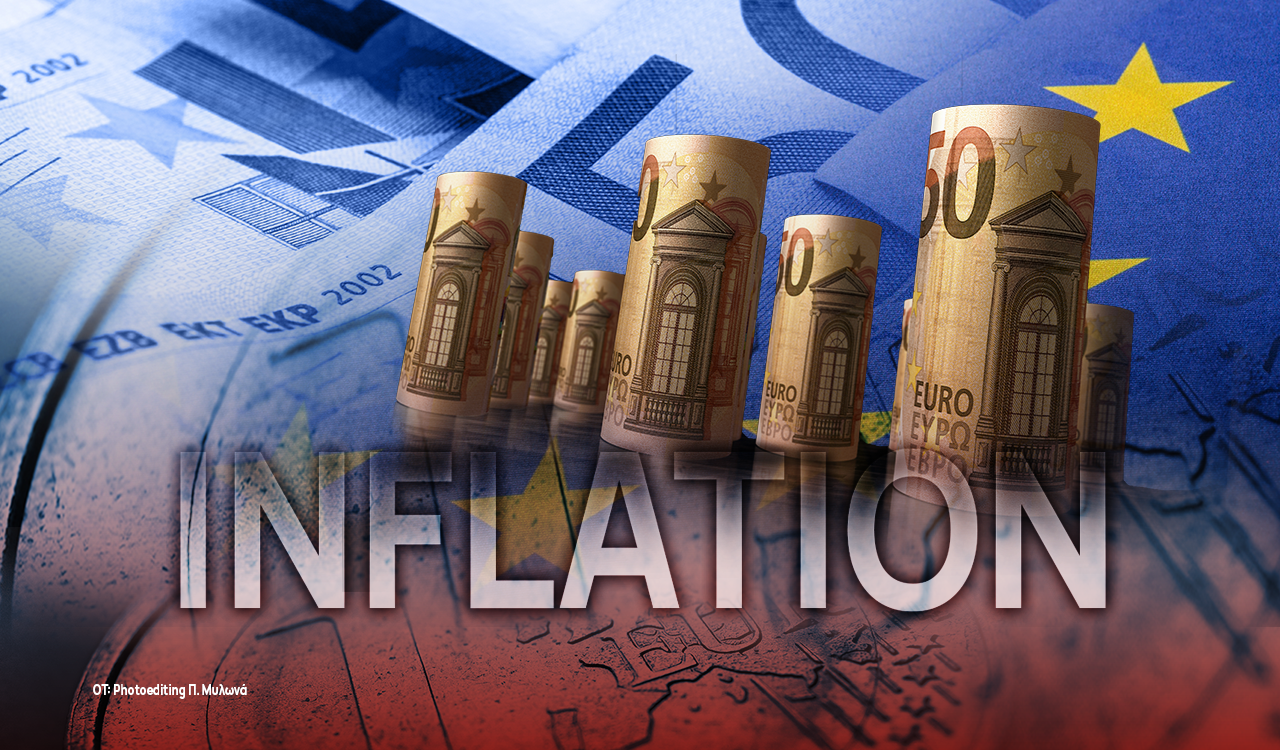Inflation in Greece decreased in Nov. of 2024, reaching 3% compared to the 3.1% in Oct. 2024 and the 4.2% in Nov. of the previous year, according to data released by Eurostat, the statistical agency of the European Union.
The agency’s figures indicate that annual inflation rate in Greece dropped by -1.2%, the second-largest decline after Malta, which saw a decrease of -3.2%. However, on a monthly basis, inflation slightly declined by -0.1%.
Inflation in Greece recorded a higher rate than the EU average, ranking tenth among the countries with the highest inflation rates, for this year.
Inflation in the Eurozone
While overall, inflation in the eurozone stood at 2.2% in Nov. of 2024, up from the 2.0% in Oct., while a year earlier, the rate was 2.4%.
According to Eurostat, in the European Union, inflation climbed to a 2.5% in Nov. of 2024, compared to 2.3% of the previous month, while it was 3.1% a year ago.
Across the European countries, the lowest annual inflation rates were recorded in Ireland (0.5%), Lithuania, and Luxembourg (both at 1.1%), while the highest rates were in Romania (5.4%), Belgium (4.8%), and Croatia (4.0%).
Compared to Oct. 2024, the annual inflation rate decreased in four member states, it remained stable in three, while it increased in twenty.
In Nov. 2024, services played the leading role in driving eurozone inflation, contributing 1.74% to the annual rate. They were followed by food, alcohol, and tobacco, which added 0.53 points, and non-energy industrial goods, with a smaller boost of 0.17%.
Notably, energy exerted a downward pressure, subtracting 0.19 points from the overall inflation rate.




